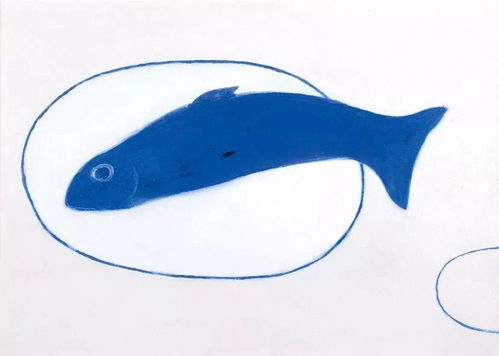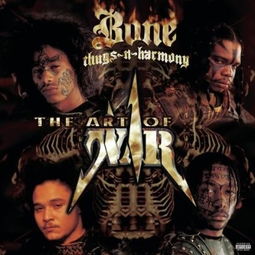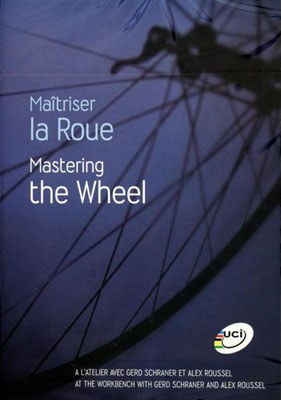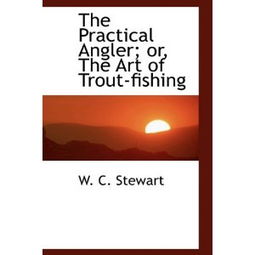Content:
Fishing is an ancient pastime that has been enjoyed by countless individuals across the globe. Whether you're a seasoned angler or a beginner looking to cast your line into the water for the first time, there are always new tricks and techniques to learn. In this article, we'll delve into two essential fishing tips that can help you improve your skills and increase your chances of a successful catch. So, let's get started with the first tip.
Tip 1: Choosing the Right Bait
One of the most crucial aspects of fishing is selecting the right bait. The type of bait you choose can make or break your fishing experience. Here's how to do it effectively:
Understand Your Target Fish: Before you head out to fish, it's important to know what type of fish you're targeting. Different species have varying preferences when it comes to food. For instance, bass are attracted to lures and artificial baits, while catfish are more likely to bite on live bait like worms or minnows. Research the species you're interested in catching and understand their feeding habits.
Local Knowledge: Ask local anglers or fisherman about the best bait to use in your area. They often have valuable insights based on their experience and the local fish populations. Additionally, visit a local tackle shop and speak with the staff. They can provide recommendations based on the types of fish that are commonly caught in the waters you plan to fish.
Experimentation: Sometimes, it's all about trial and error. Don't be afraid to try different types of bait to see what works best. Live bait, such as worms, crickets, or leeches, can be very effective, but so can artificial lures or even homemade bait. Keep track of what seems to work best and adjust your approach accordingly.
Seasonal Considerations: Fish behavior can change with the seasons. In spring, fish are often more active and may be more attracted to live bait. In summer, they may prefer the cooler temperatures and more subtle movements of artificial lures. Understanding these seasonal patterns can help you choose the right bait at the right time.
Consistency: Once you've found a bait that seems to be working, use it consistently. Changing baits too frequently can be confusing for the fish, and they may not bite if they're not used to seeing the same type of food.
By following these steps, you'll be well on your way to choosing the right bait for your fishing adventure.
Tip 2: Mastering the Cast
The cast is the foundation of your fishing technique. A good cast can save you time and energy, and it can also increase your chances of landing a fish. Here's how to master the cast:
Choose the Right Equipment: The type of rod and reel you use can greatly affect your casting ability. For beginners, a medium-action rod with a good balance between flexibility and strength is ideal. A spinning reel is often recommended for beginners due to its ease of use and versatility.
Practice Your Grip: Hold the rod with a comfortable grip. Your thumb should be on the reel side, and your fingers should be wrapped around the handle. Practice different grip positions to find what feels most natural to you.
Learn the Basics: There are various casting techniques, but the basic cast involves these steps:
- Backcast: Hold the rod with your dominant hand and point it behind you. Swing the rod back with a smooth, controlled motion, allowing the line to flow out of the reel.
- Forward Cast: Bring the rod forward in a smooth, continuous motion, stopping at the point where you want the lure to land. This motion should be a continuation of the backcast.
- Loop Control: Keep the line in a tight loop as you cast. This helps to prevent tangles and ensures a smooth delivery of the bait.
Practice Makes Perfect: Casting is a skill that takes time to develop. Spend time practicing in an open area where you won't be interrupted or worried about casting over obstacles. The more you practice, the more fluid and accurate your casts will become.
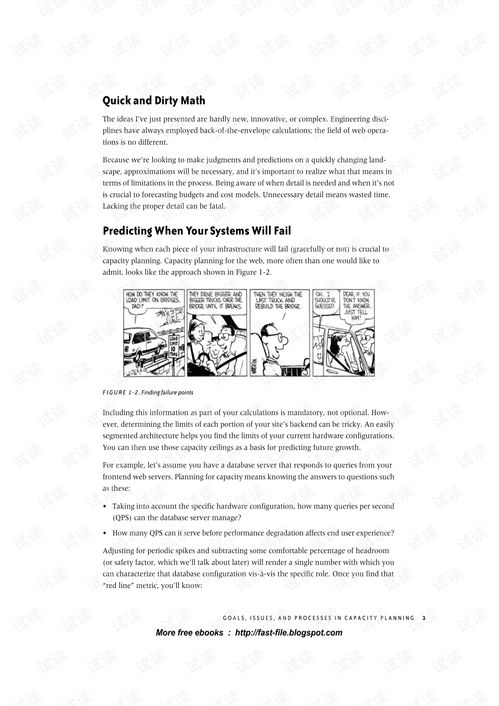
Adjust for Wind and Distance: Wind can be a significant factor in casting. Learn to cast into the wind by adjusting your casting angle and strength. For longer distances, you may need to increase your backcast and follow-through to generate enough power.
By focusing on these two essential tips—choosing the right bait and mastering the cast—you'll be well on your way to becoming a more skilled and successful angler. Remember, fishing is a hobby that can take years to perfect, so don't get discouraged if you don't catch a fish on your first outing. Keep practicing, and you'll soon be reeling in the big ones!
